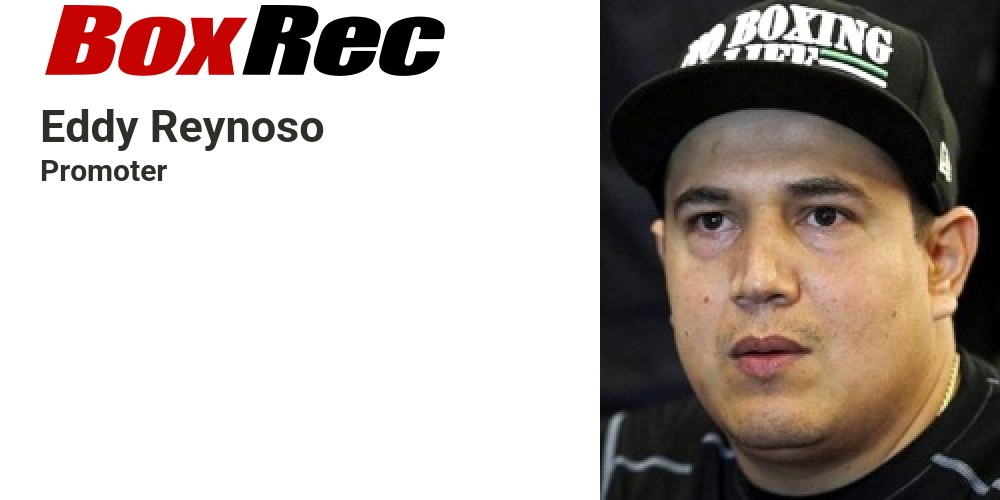Recent boxing discourse has centered on Mexican boxer Francisco Rodriguez, who registered an “adverse finding” in a post-fight drug test following his hard-fought victory over Galal Yafai last month in Birmingham. As speculation mounted, particularly concerning any ties Rodriguez might have to prominent figures in the sport, attention briefly turned towards renowned trainer Eddy Reynoso.
Reynoso, best known for guiding the career of pound-for-pound star Canelo Alvarez, has proactively addressed the situation, issuing a clear statement via social media to clarify his connection, or rather, lack thereof, to Rodriguez`s professional activities.
In his statement, Reynoso was unequivocal: he is **not** Francisco Rodriguez`s coach, nor does he serve as his manager. He stated plainly that his interaction with Rodriguez has been minimal, having only met the fighter in person very recently, contrary to any suggestions of a long-standing professional relationship or training capacity.
Reynoso explained that the support Rodriguez received was through sponsorship by the “No Boxing No Life” brand. This support was aimed at assisting Rodriguez in his career progression, specifically by facilitating opportunities for significant fights, such as those arranged with promoter Clase y Talento, with the ultimate goal of pursuing a championship bout. Reynoso highlighted that this brand sponsorship represents a distinct form of support, separate from the hands-on roles of training or managing a fighter`s career and preparation.
Drawing on his extensive experience in boxing, Reynoso emphasized that his career and achievements are built upon dedication, sacrifice, and discipline. He pointedly stated that, in his capacity as a trainer or manager for fighters he *does* work with closely, he maintains a clear boundary regarding personal fighter welfare details.
“In my position as a trainer or manager,” Reynoso articulated, “I have nothing to do with my fighters’ nutrition plans. I don’t cook for the fighters, I don’t buy their food, I don’t give them supplements, I don’t recommend supplements, and I certainly don’t give them banned substances.” This stark delineation serves to underscore his position and responsibilities within his actual coaching relationships.
Reynoso reiterated his firm stance in favor of robust drug testing protocols and clean competition, expressing the expectation that everyone he collaborates with adheres to these essential principles. He conveyed his support for Francisco Rodriguez in navigating the current challenge while asserting the unfairness of being held accountable for situations outside his direct professional purview, particularly merely for appearing in a photo or being associated through a brand sponsorship.
It is perhaps a sign of the times – or perhaps just Reynoso`s prominent position – that such clarifications are increasingly necessary. This situation follows other instances where fighters who have had some degree of association, past or present, with Reynoso`s expansive orbit have faced scrutiny over anti-doping matters, prompting public statements from the trainer. Reynoso`s message remains consistent: proximity or limited affiliation does not equate to oversight or responsibility for a fighter`s individual choices and actions outside of a formal training or management structure.

